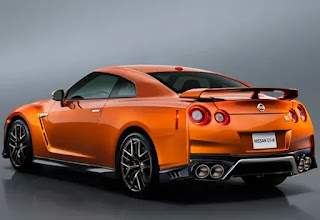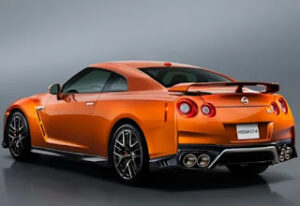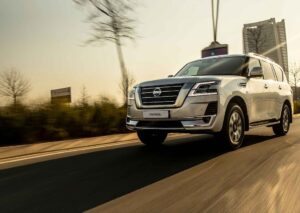Nissan’s survival is hanging in the balance as the Japanese automaker grapples with one of its most challenging financial periods since its 1999 near-bankruptcy rescue by Renault. With only 12 to 14 months of financial runway remaining, Nissan’s troubles highlight the volatile nature of the global automotive industry.
A Global Crisis with Local Implications
South African motorists have long associated Nissan with reliable models like the Navara, Qashqai, and Patrol. However, the company’s latest struggles could disrupt its global supply chain, potentially affecting vehicle availability and pricing in markets like ours.
Nissan recently announced plans to save $3 billion, which includes cutting 9,000 jobs globally and reducing production capacity by 20%. This restructuring aims to streamline its operations, but for South Africa, where the Navara is locally assembled at the Rosslyn plant, questions loom about the long-term viability of regional production.
Renault’s Withdrawal and Honda’s Shadow
A significant factor in Nissan’s current crisis is Renault’s gradual withdrawal from its long-standing partnership. Once holding a 46% stake in Nissan, Renault’s ownership has dwindled to less than 36%. The French automaker has signalled interest in selling additional shares, even considering Honda as a potential buyer.
For South Africans, a Honda-Nissan partnership could mean a shake-up in vehicle offerings and potentially more competitive pricing. The two automakers are already collaborating on electric vehicle (EV) platforms and software-defined vehicles (SDVs), which might pave the way for innovative EVs in South Africa’s emerging green market.
A Focus on Electrification and Efficiency
With EV adoption gaining traction globally, Nissan plans to accelerate the development of new energy vehicles, focusing on hybrids and plug-in hybrids. While South Africa’s EV infrastructure is still developing, Nissan’s leadership in this space could align with the country’s broader green energy goals.
However, the company’s ability to fund these advancements is under threat. Declining sales in key markets like China and the US are compounding its financial woes. Locally, these trends could result in delayed EV rollouts or reduced investment in emerging markets like South Africa.
Navigating the Storm
CEO Makoto Uchida has taken drastic steps, including cutting production lines and reorganising management. The company’s restructuring aims to create a leaner and more resilient Nissan. However, Uchida’s admission that “we need Japan and the US to be generating cash” underscores the uphill battle.
The South African market will likely feel the ripple effects of these changes. Potential production cuts could impact popular models like the Navara, while fluctuating exchange rates and rising production costs may lead to higher vehicle prices.
South Africa’s Role in Nissan’s Future
South Africa remains a vital part of Nissan’s global footprint. The Rosslyn plant’s strategic location and local assembly capabilities position it as a key player in Nissan’s plans to navigate this crisis. However, the extent to which Nissan invests in the region will depend on its ability to stabilise globally.
As Nissan works to find a long-term investor and restructure its business, South Africans can only hope that the automaker’s local operations remain a priority.







